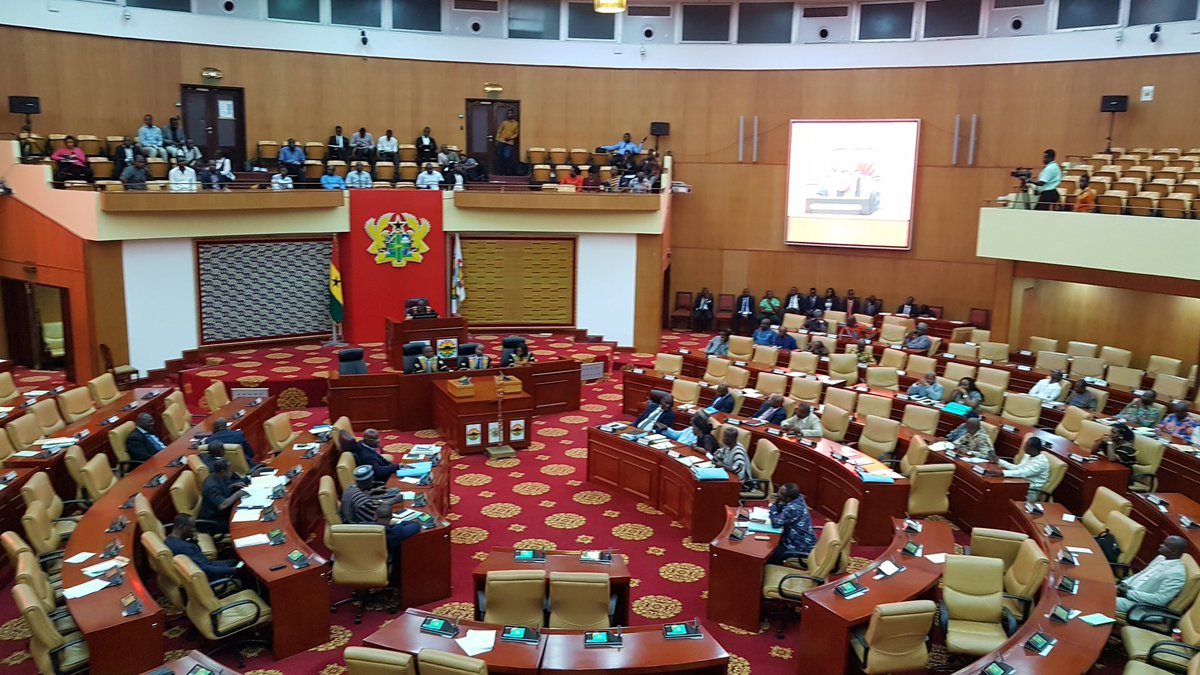The hour is late, the clock of destiny is ticking out, we must act before it is too late-Martin Luther King Jr
Over the past sixteen years, there have been attempts by various governments to get to the Consumer Protection Law passed. Four presidents have come and three gone, yet the progress has painstakingly been slow with no demonstratable appetite by our elected officials to get the bill passed.
It is evidently clear that the absence of Consumer Protection Law in the country has contributed to the widespread and deliberate abuse of consumer rights in the country. Consumer rights are like fundamental human rights which the state has a binding duty to promote, protect and safeguard through the enactment of laws and its enforcement.
Early last year, the bill was listed among the list of bills to be submitted to Parliament alongside with the Competition and Fair-Trade Practices Bill of 2019. However, checks indicated that the bills could not make its way to Parliament.

It is discouragingly disheartening pathetic the small pace at which the government is handling the process. The seemingly lack of interest in the law by the government can be seen to have stalled the progress. The concern of many Ghanaians is that if urgency is not attached, the bill would not be passed within the life of this current Parliament and might even get pass even in the next Parliament.
It is refreshing to note that on the page 31 of the NPP 2016 Manifesto, the NPP then in opposition promised to protect Ghanaians from inferior quality goods, products, and services, we will: a. facilitate the passage of a Consumer Protection Law, and b. strengthen the operations of the Ghana Standards Authority (GSA). With almost four years in office, Ghanaians are yet to see this promise fulfilled and with the party’s 2020 manifesto remaining loud silence on the issue, it is not mistaken to assume that the government’s interest in getting the law passed has completely waned.
Nothing has changed much since 2016 when the party made this promise as the country continues to become the junkyard of substandard goods. The covid-19 pandemic has shown how the rights of consumers continued to be trampled at will and whim.
The majority of businesses that continue to display goods sold are not returnable is a clear indication that goods being sold are not fit for the purpose they claim. For a manufacturer or merchant to say goods sold are not returnable, it means that the goods are inferior and not fit for purpose. Whether it is service delivery or sale of goods, the rights of consumers are violated with no clear recourse for redress. With the current pandemic, the issue of price gouging could have been addressed if the law and the Consumer Protection Commission were to be in place.
When passed into law, the act would empower, protect and enhance the welfare and interest of the consumer, to promote a fair, transparent and efficient marketplace, provide a consistent and effective consumer protection framework, prohibit certain unfair practices, promote fair business practices and responsible consumer behaviour, improve consumer awareness, education and information and establish the Consumer Protection Commission, and for matters connected therewith or incidental thereto.
With the passage of Corporate Restructuring and Insolvency Act, 2020, (Act 1015), the next bill for consideration should be the Consumer Protection Bill as the two deal with the protection of supply and demand sides of the market participants. Experience tells us that in Ghana to get a bill passed, there must be a strong movement behind it or political interest.
In 2018, CUTS and Consumer Protection Agency (CPA) mobilized over 20,000 signatures urging the Executive to tidy up every work that needs to be done on the draft bill and have it forwarded to Parliament. Unfortunately, the marching feat of over 20,000 Ghanaians who backed the need for the government to prioritize the bill was not enough to be convince the government. Again, so long as the enactment of the bill is not a precondition to an IMF or World Bank or any other donor conditionalities, it does not become a legislative priority in Ghana.
Considering the volume of work done on the draft bill and the extensive consultation, I am confident that the passage of the bill would not face any opposition. It would not even be a bad move if the bill can be presented under a certificate of urgency owing to the public good nature of the bill and the extensive consultation in the past.
With the Africa Continental Free Trade Agreement (AfCFTA) coming on stream from January 1st, 2021 and with goods and services to be allowed into the country: duty free and quota free from the continent, there is the need to have enhanced standards to protect Ghanaian consumers from substandard goods. The only way that the Ghanaian consumers can be empowered is through the passage and implementation of National Consumer Protection Law.
We have waited too much on this bill. Procrastination is still the thief of time. I think we have come of age to do what is right at the right time. In the words of Martin Luther King Jr, “the hour is late and the clock of destiny is ticking out and we must act before it is too late.” With the bill in good shape now, what is now left is the political will to take it to Parliament and attach the same urgency that was attached to other bills that got passed in record time.
The author is the West Africa Regional Director for CUTS International CUTS is a research and advocacy public policy think tank which works in the areas of consumer protection and education, economic regulation, trade and development, regional integration, competition policy and law, etc. CUTS can be contacted through | Office: +233-30-224-5652 | Mobile: 024-392-0926/Email: [email protected], www.cuts-accra.org










